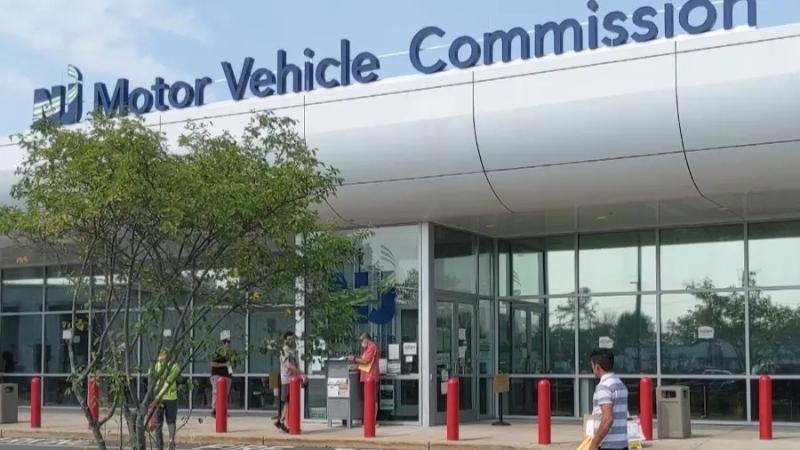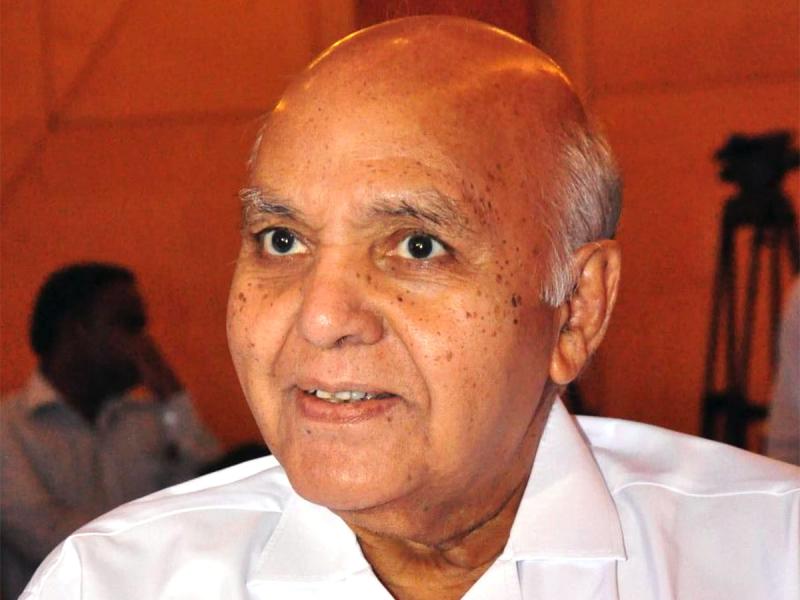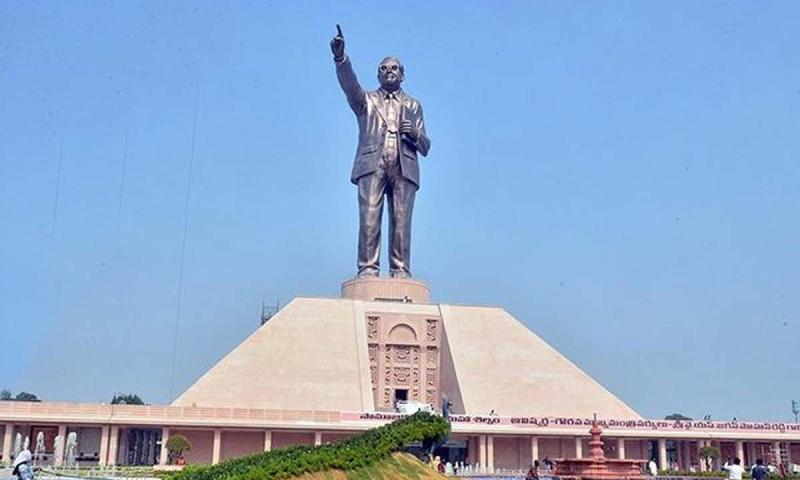
The United States Department of Justice has initiated a significant legal challenge by filing a lawsuit against New York’s Green Light Law in the U.S. District Court in Albany. This law, which allows nonresident immigrants to obtain driver’s licenses while restricting federal immigration and border enforcement agencies from accessing the state’s motor vehicle database, has now come under intense scrutiny. The lawsuit seeks both a temporary restraining order and a permanent injunction to halt the enforcement of the law, reflecting serious concerns about its impact on federal immigration operations and public safety. The case specifically names Governor Kathy Hochul, Attorney General Letitia James, and Department of Motor Vehicles Commissioner Mark J.F. Schroeder as key figures involved in its implementation. The legal action underscores a broader debate regarding state-level initiatives aimed at protecting immigrant rights versus federal efforts to enforce immigration laws and maintain public safety.
Background and Legal Context
Enacted in 2019, the Green Light Law – officially known as the Driver’s License Access and Privacy Act – was designed to expand access to driver’s licenses for nonresident immigrants, including individuals without legal status. Proponents of the law argue that enabling thousands of immigrants to obtain licenses not only facilitates safer driving by ensuring that more drivers are properly licensed but also contributes to the overall integration of immigrant communities. At the same time, the law includes provisions that restrict local agencies, such as sheriff’s departments, from sharing motor vehicle records with federal immigration authorities. One of the more controversial aspects of the law is its requirement that the state’s DMV commissioner notify any undocumented immigrant when a federal immigration agency requests their information. Attorney General Pam Bondi, during a news conference in Washington, D.C., sharply criticized this provision, arguing that the mandatory notification undermines law enforcement efforts and is unconstitutional. Bondi asserted that by impeding federal agents’ ability to access critical motor vehicle data during traffic stops, the law poses safety risks by hindering the verification of identities and the assessment of potential criminal backgrounds. According to her, these restrictions not only impair routine law enforcement operations but also potentially benefit violent criminals, gang members, drug traffickers, and human smugglers by limiting federal oversight.
Concerns and Reactions
The lawsuit argues that by obstructing access to vital DMV records, the Green Light Law significantly hampers federal immigration enforcement. Immigration authorities depend on motor vehicle data for a variety of enforcement activities, including identifying and removing undocumented individuals, assessing risks during traffic stops, and conducting searches and arrests. The complaint contends that barring federal agencies from obtaining this information compromises both public safety and the ability of law enforcement officers to perform their duties effectively. In response to the lawsuit, Attorney General Letitia James has stated that her office will continue to defend New York’s laws, maintaining that the Green Light Law is essential for protecting residents’ rights while ensuring community safety. The legal dispute has also had immediate political ramifications. Governor Kathy Hochul, who was scheduled for a meeting at the White House with the president, canceled her plans on Wednesday afternoon, raising questions about whether the escalating controversy surrounding the law influenced her decision. In addition to these legal and political issues, the program has been linked to fraudulent activities. Reports from 2021 revealed cases of individuals exploiting the driver permit process to illegally obtain driving credentials. Some of these individuals allegedly used the fraudulent credentials to falsely establish residency in New York, thereby gaining access to unemployment benefits under the state’s Excluded Worker Fund – a program valued at 2.1 billion dollars intended to assist those who do not qualify for traditional state and federal unemployment benefits. Critics argue that the combination of restricted federal access to DMV data and the potential for fraudulent use of driving credentials creates a dangerous environment that could undermine both public safety and the integrity of state benefit programs. As the legal proceedings continue, the outcome of this lawsuit may have far-reaching implications, setting a precedent that could influence the balance between state policies aimed at protecting immigrant rights and federal efforts to enforce immigration laws. The case represents a critical juncture in ongoing debates over privacy, public safety, and the appropriate scope of federal oversight in areas traditionally governed by state legislation. With both sides presenting strong arguments, the resolution of this dispute is poised to shape future interactions between state-level innovations and federal enforcement strategies in an era marked by rapidly evolving social and political dynamics. In December, federal prosecutors charged five men, including two individuals who later returned to Brazil, in connection with a scheme to fraudulently obtain New York driver’s licenses for over a thousand undocumented immigrants who did not reside in the state. The indictment, filed in Massachusetts, alleges that between November 2020 and September of last year, the defendants charged individuals around $1,400 to obtain a driver’s license. The scheme relied on fake residency documents and fraudulent driving school certificates.
Former Governor Andrew Cuomo and other lawmakers had previously defended the Green Light Law, arguing that it improved public safety by ensuring that noncitizen drivers were properly tested before being allowed on the roads. However, they did not respond to the later fraud allegations associated with the program. Cuomo, speaking in a 2020 interview, stated that the law aimed to ensure that all drivers on New York’s roads were adequately tested. While other states also issue driver’s licenses to undocumented immigrants, New York’s decision to prevent federal authorities from accessing its motor vehicle database has been a point of contention. Immigration enforcement officials have argued that this restriction hinders their ability to investigate serious crimes, including those related to national security, drug trafficking, and human smuggling.
Concerns regarding the law were also raised in 2020 when a former acting director of U.S. Immigration and Customs Enforcement participated in a news conference urging state lawmakers to restore access to the DMV database for federal immigration agencies. He criticized New York for specifically blocking only two federal agencies from obtaining DMV records, asserting that this decision was made for political reasons. He also highlighted the importance of access to such information in preventing crimes and potential security threats. Tensions over this issue were heightened when the U.S. Department of Homeland Security suspended the ability of New York residents to enroll in certain federal travel programs, which allow pre-screened travelers to pass through border and airport checkpoints more quickly. This restriction remained in place until state lawmakers included a provision in the budget that allowed Homeland Security agencies access to DMV data solely for travel program screenings, while continuing to block immigration-related searches.
During the COVID-19 pandemic, fraud in the New York driver’s license program escalated, particularly as the process shifted online. Reports indicated that noncitizen immigrants were allegedly paying significant sums to have others take online permit exams for them. Fraudulent residency documents and fake addresses were also used to exploit unemployment benefits designated for New York residents. To address these concerns, the DMV introduced a security feature in 2021 that required test-takers to be photographed multiple times during the exam, allowing officials to compare images with those of applicants appearing in person. However, a federal case in Massachusetts revealed that defendants in a fraudulent licensing scheme had devised methods to bypass these security measures by submitting pre-taken photos of applicants.
Similar fraudulent practices were later detected in Massachusetts when that state introduced a law allowing immigrants to obtain driver’s licenses. Prosecutors allege that the defendants used fraudulent foreign passports to obtain Massachusetts licenses for out-of-state residents. The legal challenge to New York’s Green Light Law is expected to continue, as both state and federal officials present their arguments regarding the law’s impact on immigration enforcement and public safety.












































